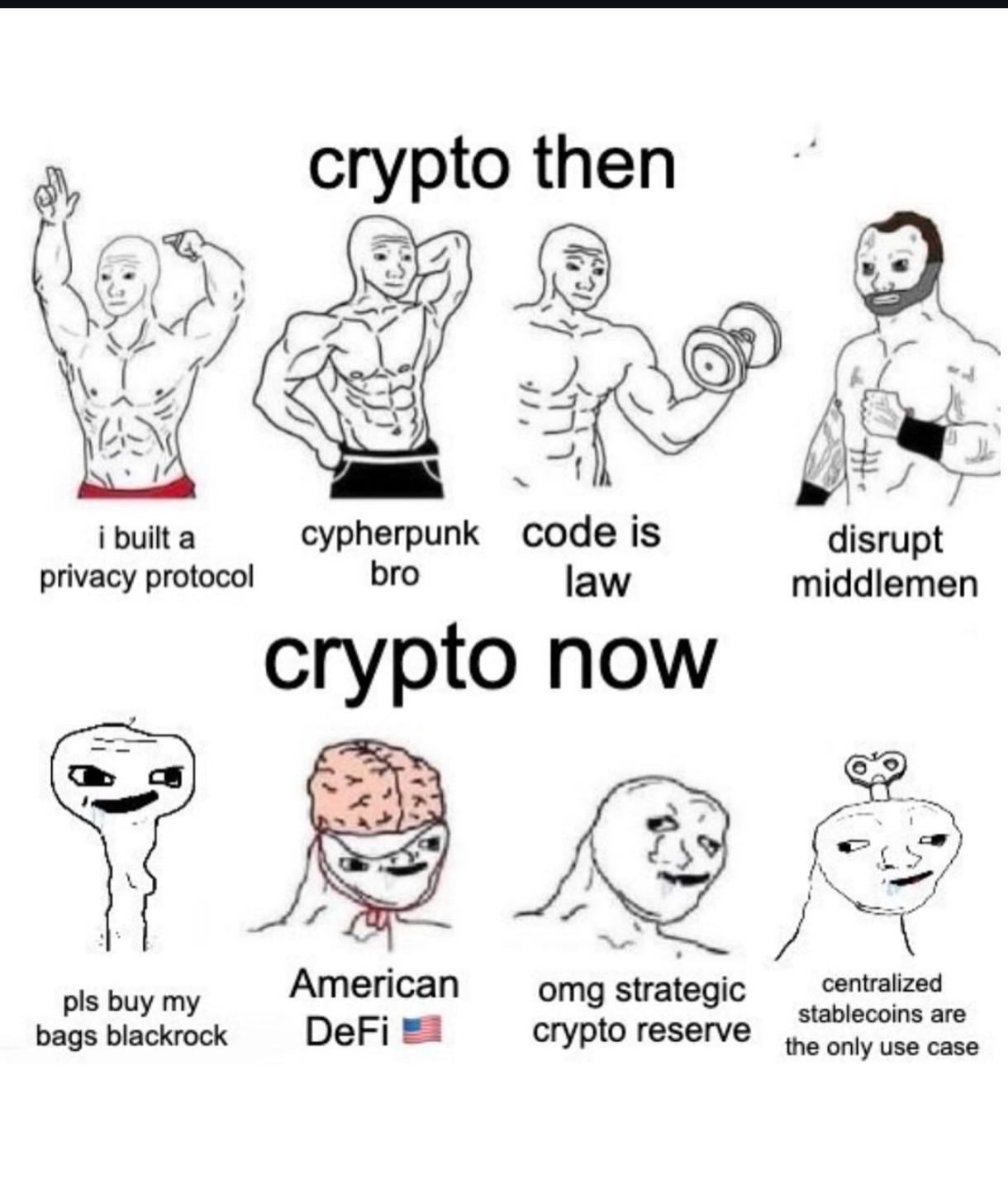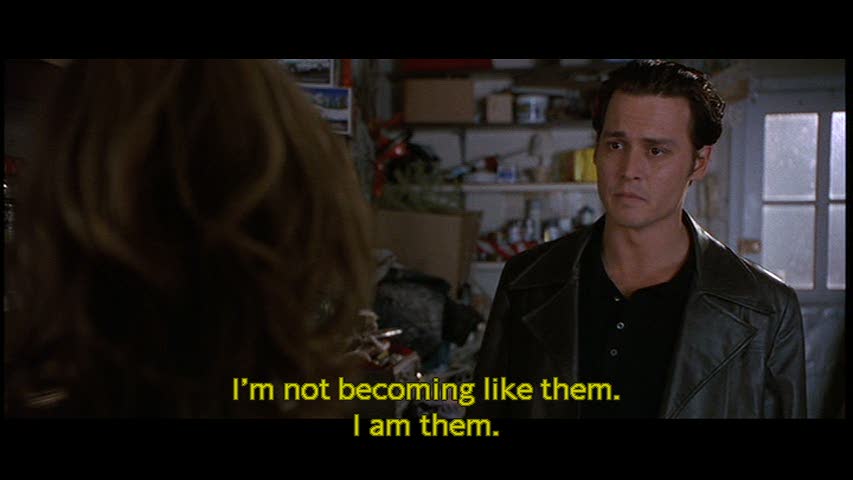Death of the peer-to-peer dream
Anyone who bought into the original vision of a peer-to-peer electronic cash system as described by the bitcoin whitepaper should be bitterly disappointed or at least deeply discontent with the current state of the cryptocurrency/web3 industry.
It’s no doubt we’ve come a long way since the first bitcoin client in 2009:
- Borderless, permission-less transfers are now a reality
- Censorship resistance is real and proving useful to people under authoritarian regimes to escape capital controls
- In terms of purely economic value, the industry sits at over $3 trillion in market cap
- Bitcoin is legal tender in El Salvador
- Cryptocurrencies can be used for payments in several major countries across the European and American continents
Those are no small feats and should indeed be celebrated.
But, that’s about it for outcome-level goals that we’ve accomplished over the last 16 years.
Unfortunately, the egalitarian use-cases we found have become overshadowed by use cases like gambling, speculation, and the biggest one yet — fraud and scams of all shapes and sizes with minimal consequences.
Even the words crypto and web3 reek of scams now.

The fight for decentralization, privacy, sovereignty, and freedom has all but been replaced by convenience, speculation, and control dressed as a “protocol”.
Somewhere along the way, we’ve also managed to become what we set out to destroy.
We’ve gone from building open-source, privacy-preserving protocols, resisting authoritarian control and upholding the fight against institutional plunder and manipulation to yet another financial instrument used by institutions for plundering and manipulating the masses with fewer consequences at a global scale with more efficient transaction settlements.

Like I said… disappointing.
The origins of cryptocurrencies were rooted in the desire for a better financial system and later evolved into the vision for a better web.
Web 3.0, a decentralized and fair internet where users control their own data, identity and destiny. An internet where:
- Users own their own data, not corporations
- Global digital transactions are secure
- Online exchanges of information and value are decentralized
What happened to the future we were promised?
Despite the money many early enthusiasts or founders may have made, we’ve all but failed in realizing the original vision of a peer-to-peer electronic cash system, let alone web3.
And maybe it’s time we admit that.
So we can start again.
——
In the next part, I’ll explore why I think the original vision hasn’t worked.
I don’t think it’s because it was wrong, but because it was incomplete.
I have a theory on what it might take for decentralized systems to succeed.
And I think the answer doesn’t lie just in code anymore, but in coordination.